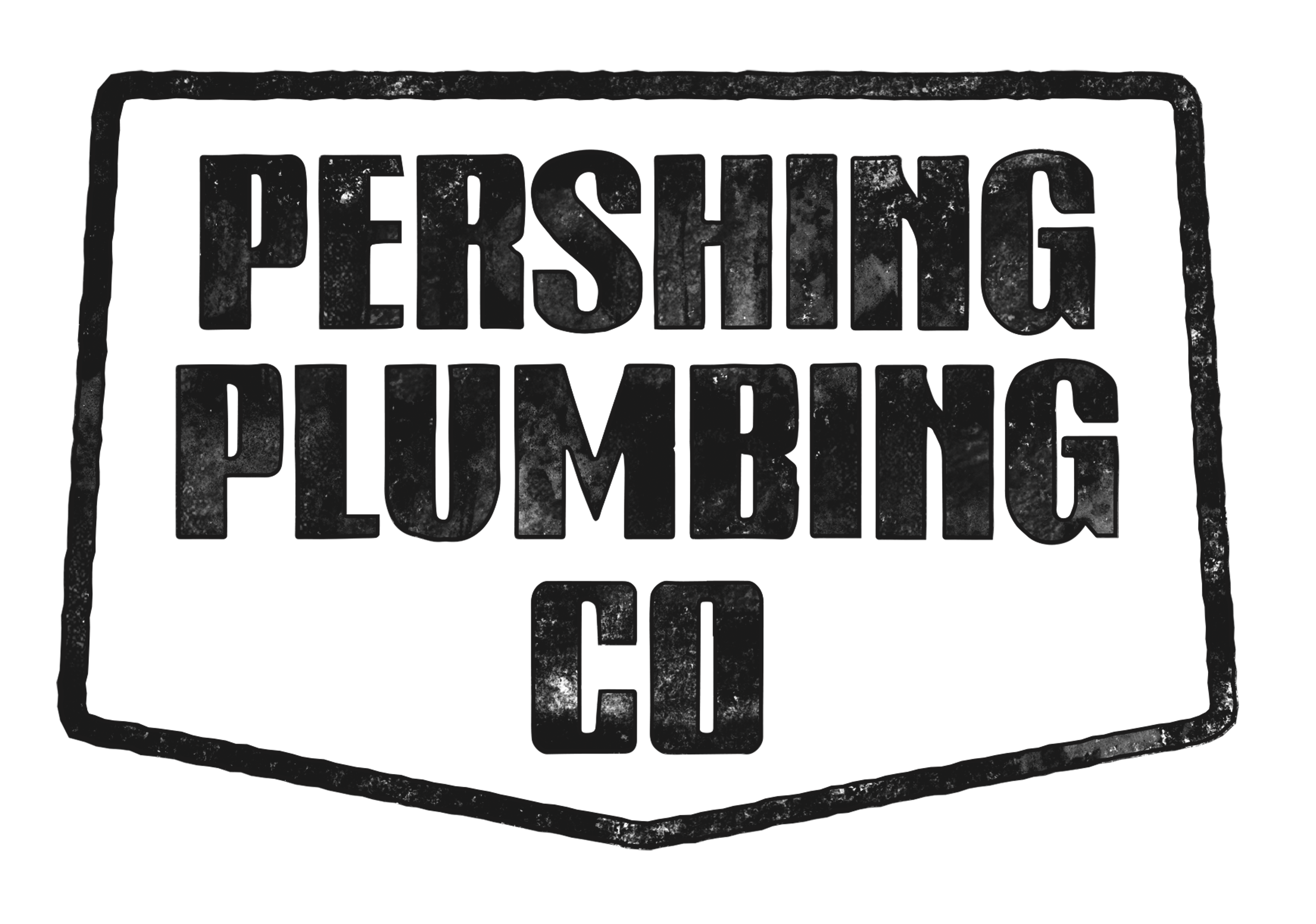You may have heard the expression “everything but your kitchen sink” and wondered how that could be possible. You’ll soon realize the importance of a clean kitchen drain if you have to deal with one.
A working kitchen sink makes it more difficult to do everything in your house. Dishwashing dishes can be a major hassle and can turn from a minor inconvenience to a huge problem. This makes cooking more difficult. Even something simple like filling up your water filter can be a hassle. Our Pasadena Plumbers will help you understand why these obstructions occur and show you how you can unblock a kitchen faucet.
There are several ways to unclog your sink in the kitchen
Sometimes, even though you avoid getting stuck with certain items, a blockage can still occur. Once you are beyond the point of prevention, you will need solutions immediately.
These are just a few of the ways you can clean a clog from your sink.
- Soap, and a plunger are the best ways to unclog a kitchen sink. This method will soften an obstruction by running hot water for a time. Put a small amount of dish soap in the drain opening, and then turn on the water. Once the sink has partially filled, take your plunger and push down on the drain opening. If it is successful, the plunger will pull or push the clog free and clear your drain.
- Reset garbage removal: Sometimes a clog might not be the culprit. The disposal may need to be reset if it makes strange or unresponsive sounds. Turn the garbage disposal’s reset button by finding it on its side. After a short rest period, you can reset the switch to return it to factory default settings.
- Baking soda: This is a fun science fair throwback that can be used to clean your drain. You should pour one cup of baking soda down your drain. Next, add one cup distilled white vinegar. Once the vinegar is poured, cover the drain immediately with a plug, stopper or plate. To allow the reaction time to take place, cover the drain for 30 minutes. Run hot water down the drain until the clog is gone.
- Drain snaking. If all else fails, you might try snaking the drainage. A snake that is small enough to fit into a kitchen sink drain is necessary. Once you have this, you can push the snake in the drain. Then twist the snake several times to remove the obstruction. This forces the hook into the blockage. Finally, remove the clog from the sink with the snake. It may be necessary to repeat the process several times to get rid of all obstructions. It is important to ensure it is safe to snake the kitchen sink and not cause damage to your garbage disposal.
These DIY solutions should work most often. If these DIY solutions don’t work, or you still have a clog, it’s time for a professional Pasadena Plumber.
Common Reasons for Kitchen Sink Clogs
Many people think their garbage disposal is a way to save water from clogging the kitchen. Although garbage disposals are effective in preventing clogs, they don’t stop all of them.
Here are some of the most common reasons for kitchen sink clogs.
- Coffee beans, grounds: Many people use standard coffee machines. However, French press users may end up dumping their coffee grounds down the sink. Particularly if you use a Frenchpress to make your coffee, be sure to dispose of the grounds in the trashcan and not the sink. Your pipe can become clogged over time if the finer grains of coffee get stuck.
- Starchy Foods: Starchy items like pasta, potatoes, beans and rice can be a problem. These foods will get stuck in your sink and become sticky.
- Kitchen grease – If you ever rented an Apartment, you know that you should not pour grease or oil down the drain. Because grease can become solid fat and block your drain, it is best to avoid using grease. Because fat is hydrophobic it will take no hot water to clear the clog.
- Eggshells While your garbage disposal can pulverize eggshells to small bits, your kitchen drain will not appreciate it. You may find small bits of eggshell stuck in your pipes, causing clogs.
- Soapscum – While it’s not a problem for your kitchen sink, soap can build up in pipes and cause clogs, especially if soap is used frequently. Because bar soaps tend to contain fats or a fatty component, this is more likely. This is not an issue with detergents such as dishwashing soap or pump hand soap.
How to Avoid Kitchen Sink Clogs
There are two great ways that you can prevent a kitchen sink from clogging. The first is to look at the items that your garbage disposal can’t handle. This will ensure that these items don’t end up in the sink. A food catcher is the second.
The wire mesh covers are designed to allow dirt and water to drain freely, but they also keep food scraps larger than usual out of your drain. Once the catcher is full you can grab it and empty it into your trash container.

